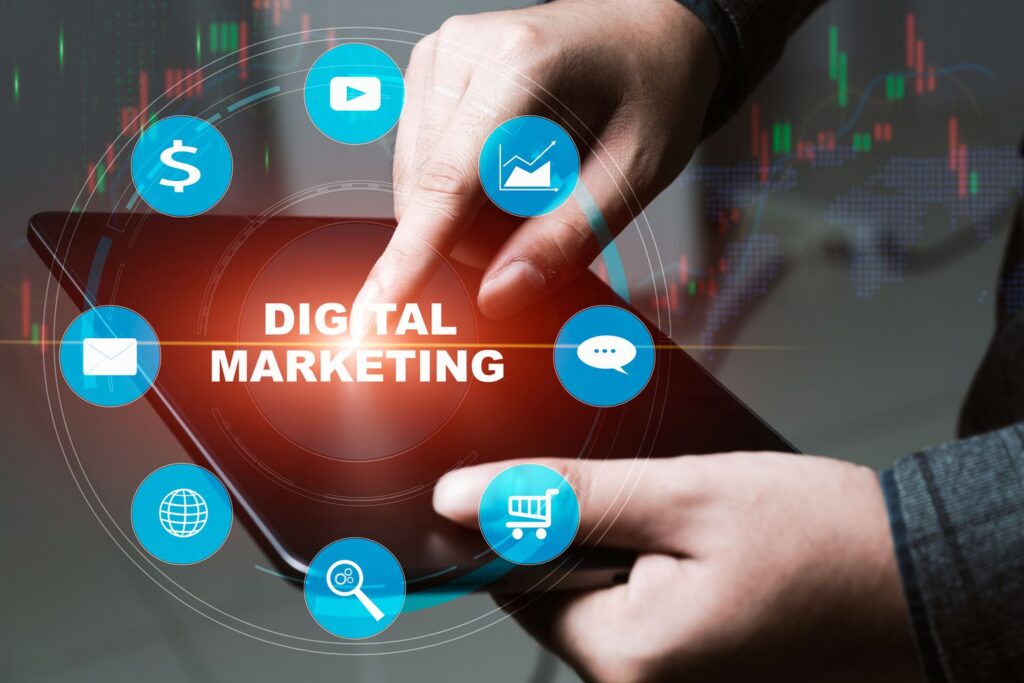Introduction
Running a restaurant isn’t just about great food and excellent service anymore—it’s also about being found online. When hungry customers search “best Italian restaurant near me” or “late-night food delivery in Chicago”, they’re relying on Google to guide their choices. If your restaurant isn’t showing up in those searches, you’re missing out on new customers.
That’s where SEO services come in. In simple terms, SEO (Search Engine Optimization) is the process of making your restaurant’s website and online profiles more visible on search engines. SEO helps your restaurant appear higher in local searches, attract more bookings, and boost online orders. In today’s digital-first dining culture, SEO is just as important as having a great menu.
See more: Umbraco vs Kentico vs Sitecore: Which Enterprise CMS Should You Choose?
What Are SEO Services?
SEO services are strategies designed to improve your website’s visibility on search engines like Google. For restaurants, SEO makes it easier for potential diners to find your menu, book a table, or place an online order.
Core SEO services include:
- Keyword research – Finding search terms like “pizza delivery in Brooklyn” or “romantic dinner spots in Dallas.”
- On-page SEO – Optimizing your site’s menu pages, headings, and descriptions.
- Technical SEO – Improving site speed, mobile-friendliness, and navigation.
- Off-page SEO – Building credibility through backlinks, social mentions, and online reviews.
- Local SEO – Ensuring your restaurant appears in Google Maps and “near me” searches.
For restaurants, SEO isn’t just about ranking higher—it’s about connecting with hungry customers at the exact moment they’re ready to order or book.
Why SEO Matters for Restaurants Today
The way people find restaurants has changed. Instead of relying on word-of-mouth or traditional advertising, diners now pull out their phones and search online.
Here’s why SEO is crucial for restaurants in 2025:
- Local searches drive decisions: Most people searching for food use location-specific queries like “Thai food near me.”
- Mobile-first behavior: Diners often search while on the go. If your site isn’t optimized for mobile, you’ll lose them.
- Competition is fierce: With countless restaurants in every city, SEO ensures you stand out.
- Trust factor: Restaurants that rank high appear more reliable and popular to potential customers.
- Online orders are growing: With food delivery becoming the norm, showing up in search results drives more digital sales.
Without SEO, your restaurant risks staying invisible—no matter how good your food is.
Key Benefits of SEO Services for Restaurants
When restaurants invest in SEO, they don’t just get more clicks—they get more diners, bookings, and orders.
1. Increased Visibility
SEO ensures your restaurant shows up in top results for local searches.
2. More Online Bookings
With optimized service pages and calls-to-action, customers are more likely to reserve a table.
3. Growth in Online Orders
SEO targets delivery-related keywords, boosting your takeout and delivery sales.
4. Enhanced Credibility
Ranking high signals to diners that your restaurant is trusted and worth visiting.
5. Better ROI
Compared to print ads or flyers, SEO delivers long-term results at a lower cost per customer.
6. Stronger Brand Presence
Consistent visibility builds brand recognition in your local market.
Types of SEO Services
SEO is multi-faceted, and restaurants need a combination of strategies to succeed.

On-Page SEO
On-page SEO makes sure your website content aligns with what customers are searching for.
- Optimizing menu descriptions with keywords.
- Adding high-quality food images with alt text.
- Creating location-specific pages like “Best Sushi in Los Angeles.”
Example: A Mexican restaurant optimizes its taco menu page with the keyword “authentic street tacos in Austin.”
Off-Page SEO
Off-page SEO builds authority and trust outside your website.
- Earning backlinks from food bloggers.
- Encouraging customers to leave positive Google reviews.
- Getting featured in local food directories.
Example: A cafe gains traffic after being mentioned in a local lifestyle blog’s “Top 10 Brunch Spots.”
Technical SEO
This ensures your website is user-friendly and search-engine friendly.
- Fast-loading pages for mobile users.
- Secure browsing with HTTPS.
- Simple navigation so customers can find menus and booking options easily.
Example: A restaurant fixes slow-loading menu pages, reducing bounce rates and improving bookings.
Local SEO
Critical for restaurants, local SEO ensures you show up in nearby searches.
- Optimizing your Google Business Profile with updated hours, menu, and photos.
- Collecting positive reviews from diners.
- Adding location-based keywords like “family-friendly diner in Chicago.”
Example: A steakhouse ranks in the Google Maps 3-pack for “steakhouse near me,” driving more walk-ins.
Content SEO
Content marketing builds trust and visibility for restaurants.
- Blog posts like “Wine Pairings for Italian Cuisine.”
- Behind-the-scenes videos showcasing chefs.
- Seasonal content like “Best Holiday Menus in Boston.”
Example: A vegan restaurant publishes blogs on “Plant-Based Dining Trends” and attracts health-conscious diners.
How SEO Services Drive Business Growth Online
SEO doesn’t just improve your rankings—it translates directly into more customers.
- Reaches Diners When They’re Hungry: Local SEO connects you with people actively searching for food nearby.
- Boosts Online Orders: Optimized menus and delivery keywords drive takeout sales.
- Increases Table Reservations: Clear calls-to-action encourage customers to book instantly.
- Strengthens Online Reputation: Positive reviews and backlinks build long-term trust.
Example: A pizza restaurant invests in SEO. They optimize for “late-night pizza delivery in Denver”, update their Google Business Profile, and earn backlinks from food blogs. Within six months, online orders increase by 40%, and bookings rise steadily.
Tips for Choosing the Right SEO Service Provider
Not every SEO provider understands the unique challenges of restaurants. Here’s how to choose wisely:
- Industry experience: Look for providers with hospitality or restaurant marketing expertise.
- Local SEO focus: Restaurants rely heavily on local search. Make sure the provider prioritizes it.
- Content expertise: Providers should create food-focused, engaging content.
- Transparent strategies: They should explain what they’re doing and share progress reports.
- Reputation management: A good provider helps collect and respond to online reviews.
- Avoid guarantees: SEO takes time—beware of promises for overnight #1 rankings.
Relatable Scenario
Imagine you own a small Italian restaurant in Boston. Your food is excellent, but bookings are inconsistent, and online orders are low.
You invest in SEO services:
- Your Google Business Profile is updated with high-quality food photos, correct hours, and customer reviews.
- Your website’s menu is optimized for keywords like “best pasta in Boston.”
- Blog posts highlight “Wine and Pasta Pairings” to attract organic traffic.
- Positive reviews boost credibility in search results.
Within months, your restaurant starts appearing in top local searches. Online bookings increase, delivery orders surge, and your restaurant becomes a go-to spot for locals and tourists alike.
Conclusion
In the restaurant industry, visibility is everything. No matter how delicious your dishes are, customers won’t discover you if your business isn’t showing up in search results. SEO services for restaurants bridge that gap, ensuring you connect with hungry customers exactly when they’re looking for a place to dine or order from.
From on-page optimization and local SEO to building authority through reviews and backlinks, SEO services drive real results: more bookings, more online orders, and long-term brand growth.
Think of SEO not as a cost but as an investment in your restaurant’s future. The sooner
Search
Deep research
ChatGPT can make mistakes. Check important info.
















